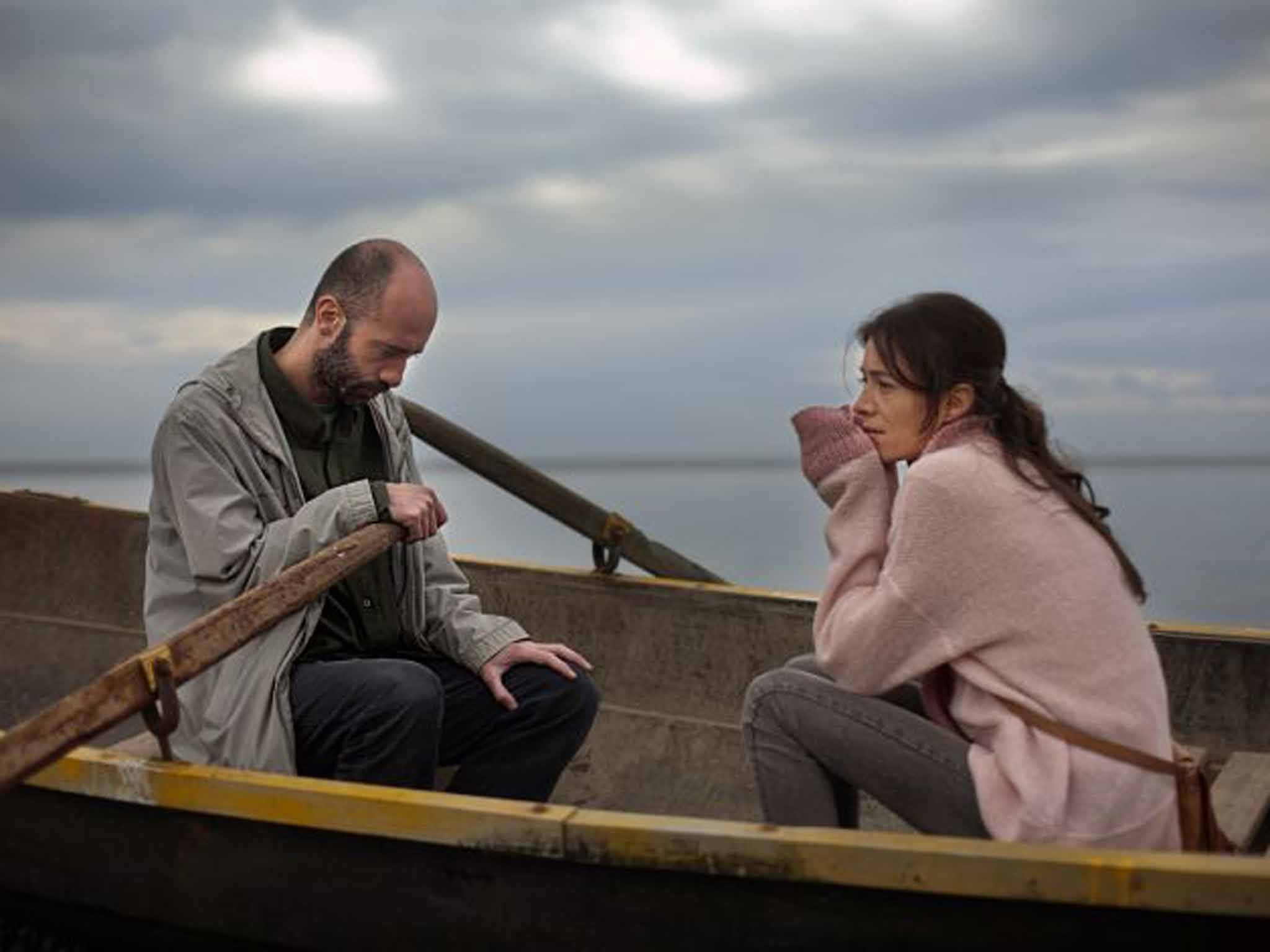Georgian cinema: The former Soviet Bloc nation is now a movie-making hot spot
Kaleem Aftab enjoys The London Georgian Film Festival

There has never been a better time to watch films made in Georgia. In the past two years the country can boast having produced several award-winning films and has replaced Romania as the former Soviet Bloc country where the most exciting films in the world are currently being made.
The best of these films have been on show at the fourth edition of the London Georgian Film Festival. The festival has returned after two years, at a new location, the delightful Regent Street Cinema, and with renewed zest. On the opening night it was announced that the festival would hopefully now be an annual affair. I'm not sure whether the output from Georgia justifies an annual event, even if the festival this year offers an exceptional programme. That's partly because the programmers have made the smart decision not to worry if a film has been put out for general release in the United Kingdom before, but have just concentrated on showing the best films that have been made since the third edition took place in 2013.
The opening night film, Tangerines, by Zaza Urushadze, is currently on general release. It was shortlisted for both Oscar and Golden Globe Awards for Best Foreign Film and is the first Estonia-Georgia co-production. The story is set in 1992 when Georgians were fighting a war with secessionist Abkhazians who were backed by Russia. It's an anti-war film that shows the endeavours of Ivo (Lembit Ulfsak), an ethnic Estonian, who is trying to help protect the tangerine crop of his friend Magnus (Elmo Nüganen), as well as housing two injured soldiers, Ahmed (Giorgi Nakashidze), an Islamic Chechen mercenary, and Georgian Niko (Misha Meskhi). Ostensibly they hate each other, but through some remarkably observant promptings from Ivo, they come to embrace their similarities as well as respect their differences.
What's captivating is the sparse storytelling style, in which the audience is expected to have the aplomb to pick up on the subtext and the allusion to the continuing tensions that exist in countries of the former Soviet bloc.
A film that pushes the storytelling boundaries even further is Corn Island, a near-silent work that won the top prize at the Karlovy Vary Film Festival in 2014. Directed by George Ovashvili the drama received critical acclaim, with Variety describing it as “an astonishing feat of cinema presented with utmost modesty” and The Hollywood Reporter claiming that it is “a masterclass in emotionally charged minimalism”. The story is about two farmers, one an ageing gentleman (Ilyas Salman) and the other, a young lady (Mariam Buturishvili), who spend a year trying to harvest a corn crop. The atmospheric, austere aesthetic, combined with the near-silent storytelling style is in the traditions of Tarkovsky and Terrence Malick. It's also a film that is concerned with the 1992 conflict in which 20,000 died and more than 250,000 were displaced.
The war of 1992 is also present in Nana Ekvtimishvili and Simon Gross's film In Bloom, based on Ekvtimishvili's personal memories of her youth in Georgia. It's about the friendship of two early-teenage girls. Natia's warring parents interact to resemble the unseen civil war that is going on outside the newly independent state of Georgia's capital Tbilisi. Eka's father is in prison and her mother won't reveal why. Subjects tackled in the film include forced marriage, breadlines and tyrannical authority figures.
Another film clocking up festival wins is the excellent Blind Dates about two fortysomething males looking to escape through love. They go on a double date that sees only one girl turn up; from this spins a story of adultery and some criminal activity as director Levan Koguashvili constantly surprises the audiences with creative narrative twists.
The festival also includes a talk with Georgia's most famous film-maker, Otar Iosseliani, and a screening of his 1994 work, Alone, Georgia. The film tells the history of the former Soviet republic through the images of landscapes, artwork, the civil war and clips from Georgian films.
It took two decades after the formation of the independent state for Georgian cinema to find its voice again.

Watch Apple TV+ free for 7 day
New subscribers only. £9.99/mo. after free trial. Plan auto-renews until cancelled.
ADVERTISEMENT. If you sign up to this service we will earn commission. This revenue helps to fund journalism across The Independent.

Watch Apple TV+ free for 7 day
New subscribers only. £9.99/mo. after free trial. Plan auto-renews until cancelled.
ADVERTISEMENT. If you sign up to this service we will earn commission. This revenue helps to fund journalism across The Independent.
From the vaults, there was a selection of three short films from the Thirties that were funded by the Soviet State: You Must Reap as You Have Sown (1930), Ten Minutes in the Morning (1931) and Collective Farmers' Hygiene (1934).
Highlighting the current high international profile of Georgian cinema there is a conversation with Mohsen Makhmalbaf, part of the Iranian new wave of the Eighties, whose latest film, The President in Georgia, is a parable about a leader who goes among his people and the discoveries that he makes. In present-day Georgia, he would have been ecstatic about the cinema output.
The London Georgian Film Festival ends tomorrow (britishgeorgiansociety.org)
Join our commenting forum
Join thought-provoking conversations, follow other Independent readers and see their replies
Comments
Bookmark popover
Removed from bookmarks